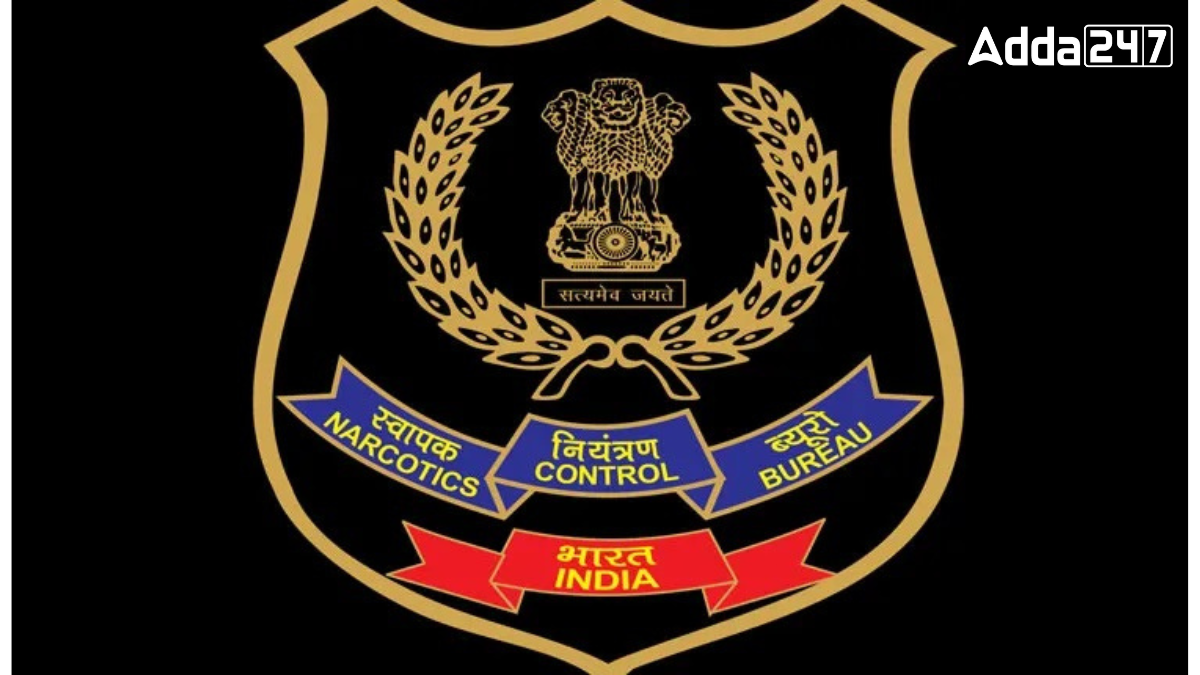The Narcotics Control Bureau (NCB) is an intelligence agency in India dedicated to combating drug trafficking and related crimes. Established in 1988, the NCB plays a significant role in enforcing laws and regulations to control narcotics and psychotropic substances. Here’s a detailed look at the NCB, its full form, functions, powers, and mission.
What is the Full Form of NCB?
The full form of NCB is the Narcotics Control Bureau. It is a law enforcement agency in India established under the Narcotic Drugs and Psychotropic Substances Act, 1985. The NCB’s primary role is to combat drug trafficking and related crimes. Headquartered in New Delhi, it operates with regional offices across India and collaborates with international bodies to address narcotics-related issues effectively.
An Overview of NCB
- Full Form: Narcotics Control Bureau
- Formation: 17th March 1986
- Headquarter: New Delhi
- Motto: Intelligence Enforcement Coordination
- Governming Body: Ministry of Home Affairs
Objective of Narcotics Control Bureau
The primary motto of the Narcotics Control Bureau is to prevent the smuggling of drugs into India and control the use of legal drugs. The NCB collaborates closely with other government agencies, including the Customs Department and the Intelligence Bureau, to achieve its mission. The bureau aims to mitigate the impact of drug trafficking on society and uphold the integrity of India’s drug control framework.
Formation of NCB, Narcotics Control Bureau
The NCB was established to enforce The Narcotic Drugs and Psychotropic Substances Act, 1985, and to address issues related to drug trafficking through the Prevention of Illicit Trafficking in Narcotic Drugs and Psychotropic Substances Act, 1988. This formation was crucial for India to meet its obligations under international treaties, including the Single Convention on Narcotic Drugs, the Convention on Psychotropic Substances, and the United Nations Convention Against Illicit Traffic in Narcotic Drugs and Psychotropic Substances.
Organizational Structure of NCB
The NCB’s headquarters is located in New Delhi. It operates a network of field units and offices across India, including major cities such as Mumbai, Kolkata, Chennai, and Bengaluru. The recent cadre restructuring has led to the establishment of new offices in cities like Agartala, Raipur, and Visakhapatnam. The Director General of the NCB is typically an officer from the Indian Police Service (IPS) or Indian Revenue Service (IRS), with additional officers drawn from various central and paramilitary forces.
Functions of Narcotics Control Bureau
The Narcotics Control Bureau is tasked with several critical functions:
- Preventing Illicit Traffic: The NCB works to prevent the illegal trafficking of narcotic drugs and psychotropic substances.
- Information Collection and Analysis: The bureau gathers and analyzes information related to drug trafficking to inform its operations and strategies.
- Anti-Narcotics Operations: The NCB undertakes various operations to combat drug trafficking and related activities.
- Coordination Efforts: It coordinates with state and central law enforcement agencies to strengthen the fight against drug trafficking.
- Training and Advocacy: The NCB provides training to law enforcement personnel and advocates for stricter laws to combat drug trafficking.
Powers of Narcotics Control Bureau
The NCB is empowered with a range of authorities to carry out its functions effectively:
- Seizure of Drugs: The bureau can seize narcotic drugs and psychotropic substances.
- Arrests Without Warrant: NCB officers can arrest offenders without a warrant.
- Search and Entry: It has the authority to enter and search premises and conveyances without a warrant.
- Document Production: The NCB can require individuals involved in the transportation of drugs to produce relevant documents.
- Sample Collection and Examination: It can take samples of drugs and require their examination.
- Destruction and Prevention: The bureau is responsible for the destruction of drugs and preventing their abuse.
- Cooperation with International Bodies: The NCB cooperates with the United Nations and other international agencies for narcotics control.




 Which River is known as the Lifeline of ...
Which River is known as the Lifeline of ...
 Which Country is known as the Tea Garden...
Which Country is known as the Tea Garden...
 Which Country is known as the Sugar Bowl...
Which Country is known as the Sugar Bowl...








